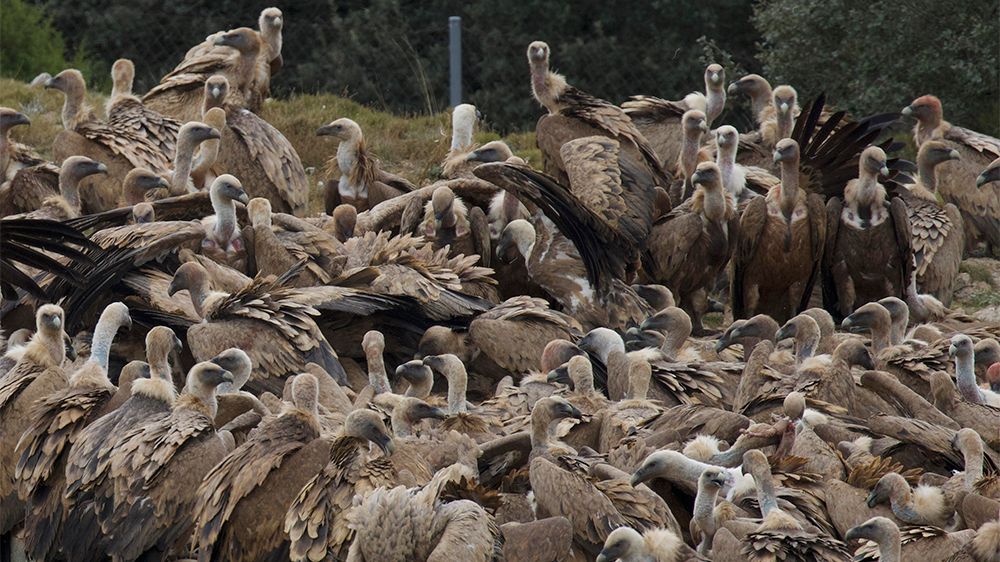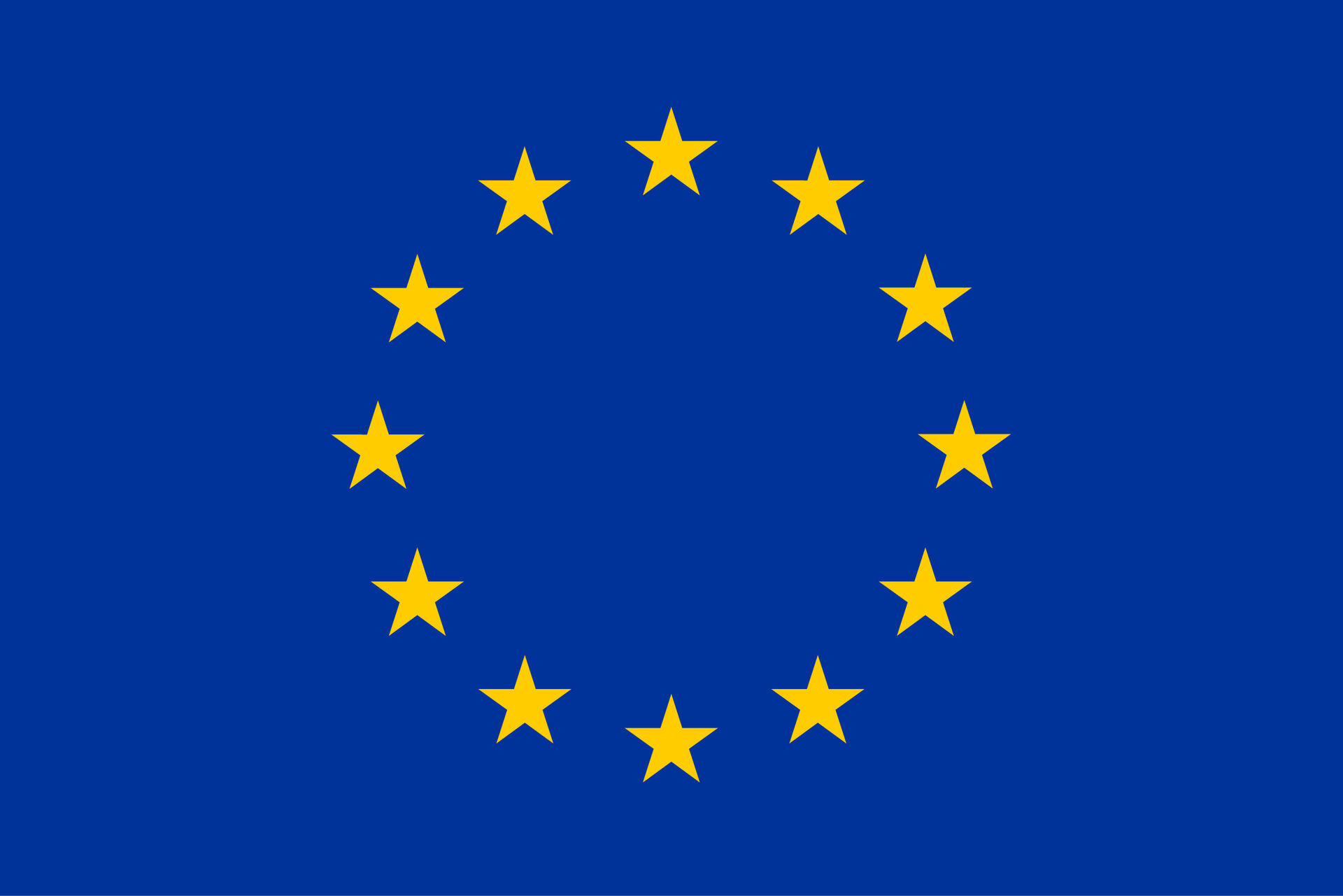About the project
The project, investigates how the global phenomena of accelerating species loss and corresponding wildlife management unfold within specific historical and cultural contexts.
This comparative study of vulture conservation takes place in a time of rapid global vulture decline.
Europe has become one of the last strongholds of these large, wide-ranging scavengers that have come to depend heavily on ongoing conservation initiatives, using management techniques such as captive breeding, reintroduction, translocation, and strategically placed feeding stations to avoid deaths through direct or indirect poisoning.
These conservation initiatives, in turn, depend on close collaboration with local rural communities, especially low-intensive farmers, herders and hunters and veterinarians who are directly affected by vulture management and release.
Research Objectives
The project’s overall objective is to provide the first historically informed ethnography on contemporary vulture conservation in changing European landscapes.
The research will result in an innovative, integrative study of how to understand and manage wildlife conservation in the Sixth Extinction.
The project sets out to achieve the following four sub-objectives:
- To trace the trajectories of human-vulture coexistence in Europe, including recent histories of vulture extinctions/reintroductions and related changes in agro-environmental policies, rural livelihoods and conservation science.
- To investigate the situated values, believes, imaginaries and concepts involved in contemporary vulture conservation practices in Europe.
- To develop and experiment with more-than-human ethnography, exploring how the ‘biosocial’ agency of nonhuman beings may be better addressed and represented in social science and humanist analysis.
- To explore how an interdisciplinary framework grounded in social and cultural analysis can be made productive for actively contributing to sustainable wildlife management through engaging and collaborating with conservation scientists and practitioners in the field.
Duration
01.08.2020–15.02.2025

